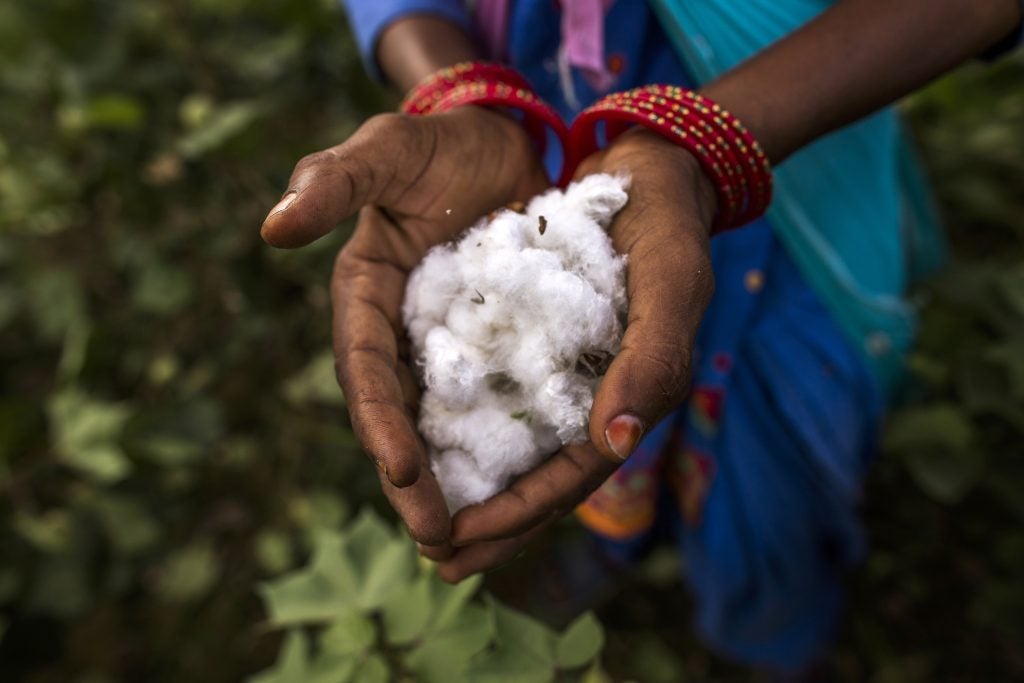News agency Reuters says that ten of the 37 garments collected by CBP in May were returned as "consistent" with Xinjiang-originating cotton as per documents.
Furthering its efforts, the US Customs and Border Protection has turned to Isotopic testing which can link cotton to specific geographic areas by analysing the concentration of stable elements like carbon and hydrogen present in both the crop and the environment it has grown in.
Roughly 27% of tests performed on shoes and garments collected by CBP in May showed links to cotton from China’s Xinjiang region, which has been banned because of concerns over forced labour, according to documents obtained by Reuters under the Freedom of Information Act.
However, Reuters explains that much of the other information on the documents was redacted, including brands of the tested garments. Descriptions of the items detail a range of apparel, from boxers, jeans and t-shirts to baby onesies and dresses. Everything was made up of cotton, sometimes mixed with other textiles such as spandex and rayon.
The US Customs and Border Protection did not respond to Just Style's request for comment at the time of going to press. It did however say, according to Reuters, it believes isotopic testing alone is not enough to clear shipments detained at US ports for suspected links to Xinjiang.
To make enforcement of the Uyghur Forced Labor Prevention Act (UFLPA) more transparent, CBP launched an interactive dashboard detailing statistics in June 2022.









